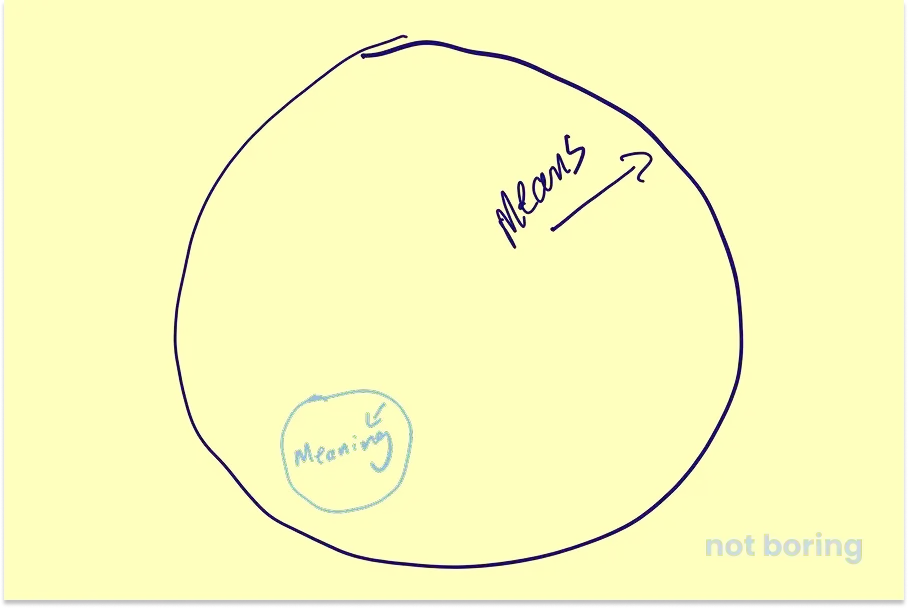I know what I did this summer - #437

I last wrote a weekly email when the long days of June were still lengthening. Now, it's dark before 8pm and when the streetlights tell my kids to start heading home, they actually arrive in time for bed. My morning saunter-jog no longer feels like swimming through a steam room. I've been through the full lifecycle of the golf season: blind optimism, overwhelming despair, surprising competence, and early retirement. You may think that I've done all kinds of things over the summer. To some degree, I have, but none of them are the sorts of things one writes about. We spent two weeks in Oregon. I've read an endless pile of books. We enjoyed a few dinners at the beach, the aforementioned few evenings of golf, and a new thing: summer camp drop-off and pick-up. There isn't a new pizza oven or newly clad chimney in the backyard. On the contrary, the backyard is barely mowed and the gardens are looking scraggly. It wasn't a summer of getting things done.
It goes against the grain to do less. The handy to-do list app doesn't want me to defer things until the end of the summer; the digital calendar doesn't like it when I leave time open, "un-used." Even as the news—political, social, corporate alike—demands that we pay ever more attention to ever more things, it never tells us to take a minute off or let our guard down. I was almost on vacation as corporate life launched into the year's second half and third quarter, with their plans adding on focuses and priorities. Missing from any of it was a sense of what you could stop, or defer, or ignore. Unless you unplug altogether, you never get a break. That's why I stopped writing this weekly essay, stopped posting to LinkedIn, and punted anything nonessential. I wanted to sit in the hammock and read. Or to just sit in the hammock.
You might expect an essay like this to start with a thought about making time and end with a result of the time made. I'm tempted to connect our travel to some deep lesson about parenting or to mine my mediocre golf game for improvements to knowledge work. I'm tempted to pretend I understood the books of Thích Nhất Hạnh and that I began rewarding daily meditation. I'm tempted to write about the "results" of that deep introspection from the hammock. Reality check: sometimes a hammock nap is just a hammock nap. You look at the clouds, you spot a bird, you consider how the maple tree has grown, and then you drift away (then a shoe hits your face and your eight year-old shrieks with laughter). It doesn't need to be anything more than what it is: rest.

What did I do this summer? A whole lot of nothing.
In the months since you've heard from me, I have been reading. As usual, far and wide, from AI to software to culture and politics. Over the next few weeks, expect to see the best of what I found. For this week, we have a piece on Wallace Stegner, an author who haunted my summer book stack, thoughts about what technology frees (and asks) us to do, and an interesting look at a man who does without (money). Enjoy the reading!
Reading
 Wallace Stegner and the Conflicted Soul of the West
Wallace Stegner and the Conflicted Soul of the West
Wallace Stegner wrote about the American West with a deep love and sharp criticism. He showed the West's struggle between rugged individualism and the need for community.
 Means and Meaning
Means and Meaning
We have the technology. Cool, now what?
 Penniless: why a Victoria man has gone two decades without money
Penniless: why a Victoria man has gone two decades without money
David Johnston won't touch money, except to destroy it